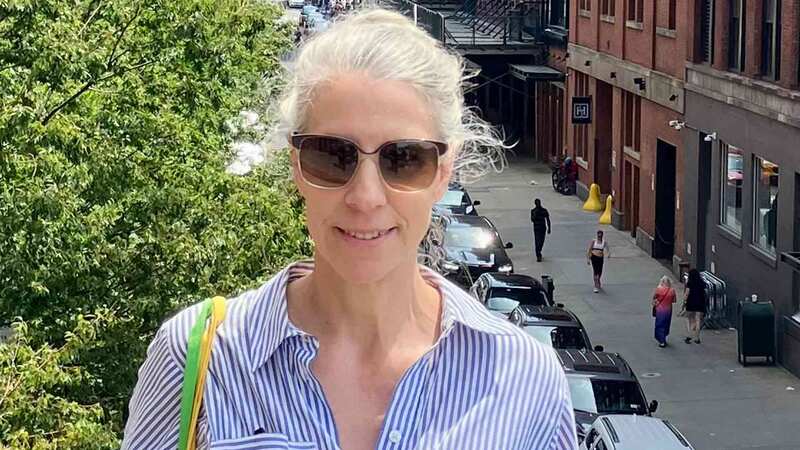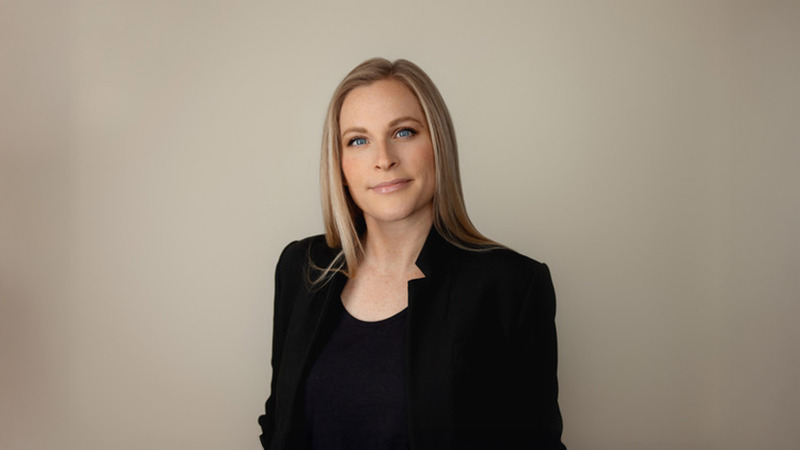You are viewing your 1 free article this month. Login to read more articles.
Oxford English Dictionary hunts for regional words
Oxford University Press is asking members of the public to submit local words, phrases and expressions from around the world for inclusion in the Oxford English Dictionary.
In a blog post, the publisher said: “How we speak can reveal where we are from: not just our accent, but the language we use. Words and phrases particular to a city, region, or country are a distinctive part of English, and we at the OED are asking you to help us identify and record them.
“Many of us can recall a moment when a word we’ve known and used for years at home turns out to be baffling to people from other parts of our own country, or from another English-speaking region. If a picture is hanging askew, would you say that it is agley, catawampous, antigodlin, or ahoo? At the beach, do you wear flip-flops – or would you refer to them as zoris, jandals, or slipslops?”
The publisher has created an online form where people can submit their favourite local words and has created a hashtag #wordswhereyouare. On Twitter, someone has already suggested “stop being a squinny”, which means stop being a baby in Portsmouth, and Katherine Connor Martin, head of US dictionaries at OUP, said American suggestions so far include ‘frog-drowner' (a heavy rainstorm) and ‘'mommick'.
OUP associate editor Eleanor Maier told the Guardian that it can be difficult for the OED’s lexicographers to identify regional words, as they are more often spoken than written down.
“In recent years, resources such as Twitter have been a great way for us to monitor the words that people are using informally in particular parts of the world and this, combined with targeted appeals, allows a lot more of these words to be identified and researched,” she said.
“Regional words indicate that their users come from a particular place and often contribute to one’s sense of identity.”



















